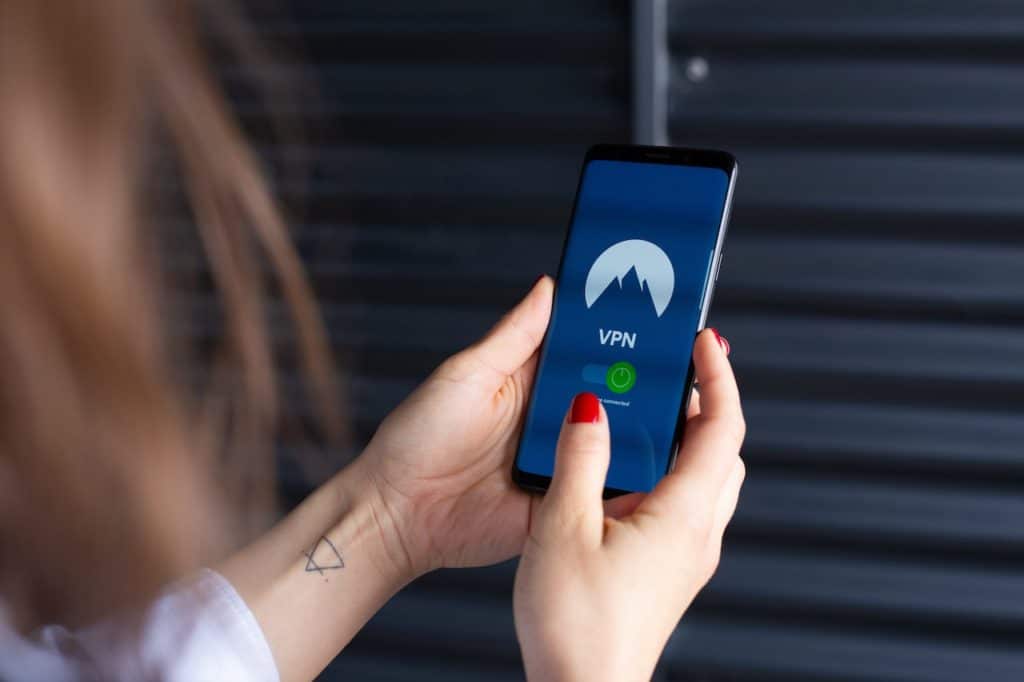Tech
Reasons Why You Need a GPS Location Spoofer

Grasping the GPS Spoofing Concept
GPS location spoofing has become a tech jargon term for many, but few understand what it means and the implications of its use. The idea behind GPS spoofing is simple: it is a practice that involves tricking a GPS into believing that you’re somewhere you’re not. This can be achieved using various software or hardware tools that manipulate the GPS coordinates of your device.
From a broader perspective, GPS spoofing can be classified into two main categories. The first type, and the one most commonly referred to, involves software-based tools. These applications or programs can be installed on a device to enable the user to virtually change their location. A popular example would be the NordVPN, a virtual private network service provider that can change your IP location, thereby mimicking GPS location spoofing.
The second type of GPS spoofing involves hardware tools. These gadgets physically intercept and manipulate GPS signals to alter the perceived location. They are primarily used in high-tech industries or by military organizations due to their sophistication and cost.

Reasons Why You Need a GPS Location Spoofer
Now that we have an understanding of what GPS location spoofing is, let’s explore why anyone would need it. The reasons are more diverse than one might assume.
Protecting Privacy and Security
In our hyper-connected digital world, privacy has become a major concern. Many mobile applications and websites track users’ locations for various purposes, from targeted advertising to personalization of content. However, this constant tracking can be discomforting for some people, especially those who value their privacy. By using a GPS spoofer, you can obscure your real location, thereby enhancing your privacy.
Moreover, GPS spoofing can be a valuable tool to improve your digital security. Cybercriminals can leverage your location data to execute attacks. For instance, if they know you’re away from home, they may try to scam you with a fake security alert related to your home security system. A GPS spoofer can help reduce this risk by masking your actual location.

Testing and Development in Tech Industries
GPS spoofing is a critical tool for developers and testers in tech industries. For applications and services that rely on location data, it’s essential to test how they perform in different locations. Developers might need to simulate being in New York, London, or Tokyo to ensure their apps work as expected in these areas. GPS spoofing tools like the iTools Virtual Location offer developers a way to perform these tests without leaving their desks.
Additionally, hardware-based GPS spoofing can be vital for testing devices that rely on GPS signals, such as drones or autonomous vehicles. Companies like Skydel provide GPS/GNSS simulators that can mimic various conditions and scenarios to thoroughly test these systems.
Accessing Geo-restricted Content
We’ve all had that frustrating experience where we can’t access certain online content or services because of our geographical location. Whether it’s a streaming service that only offers specific shows in particular regions or a local news website that blocks foreign IP addresses, geo-restriction can be a major hindrance. GPS spoofing can bypass these restrictions by making it appear as if your device is located in the permissible area.
For instance, using a VPN like ExpressVPN, you can set your location to the United States, gaining access to content on platforms like Hulu or Pandora, which are primarily available to US residents.
Evading Location-Based Tracking
Another compelling reason for GPS spoofing is to avoid being tracked. This could be relevant for individuals in sensitive occupations, investigative journalists, activists, or even those escaping abusive situations. GPS spoofing can help these individuals keep their movements untraceable and protect them from potential threats.
Consider the case of a political dissident in a country with strict surveillance. By using a GPS spoofer, they could mask their true location, making it more challenging for the authorities to track their movements.
Augmented Reality Gaming
Anyone familiar with the viral game phenomenon Pokémon Go understands the potential fun of augmented reality (AR) gaming. However, these games often use real-world locations, and players might not always be in the right place to capture that rare Pokémon. GPS spoofing can let players virtually transport themselves to different locations to enhance their gaming experience.
Tools like PGSharp allow Pokémon Go players to simulate walking around real-world locations while sitting comfortably at home. However, it’s crucial to remember that this can violate the game’s terms of service and potentially lead to a ban.

Ethical and Legal Implications of GPS Spoofing
While there are practical reasons to use a GPS location spoofer, it’s crucial to understand that this technology isn’t without its controversies. From ethical dilemmas to legal considerations, GPS spoofing is a double-edged sword.
Potential Misuses of GPS Spoofing
The same features that make GPS spoofing attractive for many uses can also be leveraged for harmful purposes. Cybercriminals can use it to trick systems and individuals, leading to security breaches or scams. GPS spoofing could also be used to cheat systems, from gaming leaderboards to ride-sharing apps.
Consider a hypothetical situation where a delivery driver uses GPS spoofing to trick the system into thinking they’ve made a delivery in a far-off location, thereby claiming extra pay. This unethical use of GPS spoofing could result in financial losses for companies and consumers alike.
Legal Considerations and Restrictions
From a legal standpoint, the use of GPS spoofing tools can be a gray area, and laws vary by country. In some places, such as the United States, it’s legal to use GPS spoofing tools for some purposes but illegal for others, like interfering with a GPS signal to cause harm or gain unauthorized access to a system. Always be sure to check the laws in your location before using a GPS spoofing tool.
Final Thoughts
From enhancing personal privacy to enabling effective tech development, the reasons for using a GPS location spoofer are diverse. However, it’s equally crucial to be aware of the potential ethical and legal considerations when using these tools. As with any technology, the benefits of GPS spoofing must be balanced with responsible and lawful use. As we continue to navigate our increasingly digital world, tools like GPS spoofers will remain a topic of significant discussion, challenging us to continually reassess the boundaries of technology and personal privacy.
-

 Tech6 months ago
Tech6 months agoDo You Need Facebook To Use Gear VR?
-

 Tech6 months ago
Tech6 months agoAndroid Auto Disconnects When Phone is Locked? – Easy Fix
-

 Gadgets5 months ago
Gadgets5 months agoCan Dogs Use VR Headsets?
-

 Tech5 months ago
Tech5 months agoWhat Does “Voicemail Pending” Mean?
-

 Phones5 months ago
Phones5 months agoHow Do I Know if My Phone Supports AR?
-

 Tech5 months ago
Tech5 months agoDoes Astigmatism Affect Your VR Experience?
-

 Business4 months ago
Business4 months agoHow Do You Make an AR Without Coding?
-

 Phones4 months ago
Phones4 months agoWhat To Do About That Weird Notification Sound on Android?





























